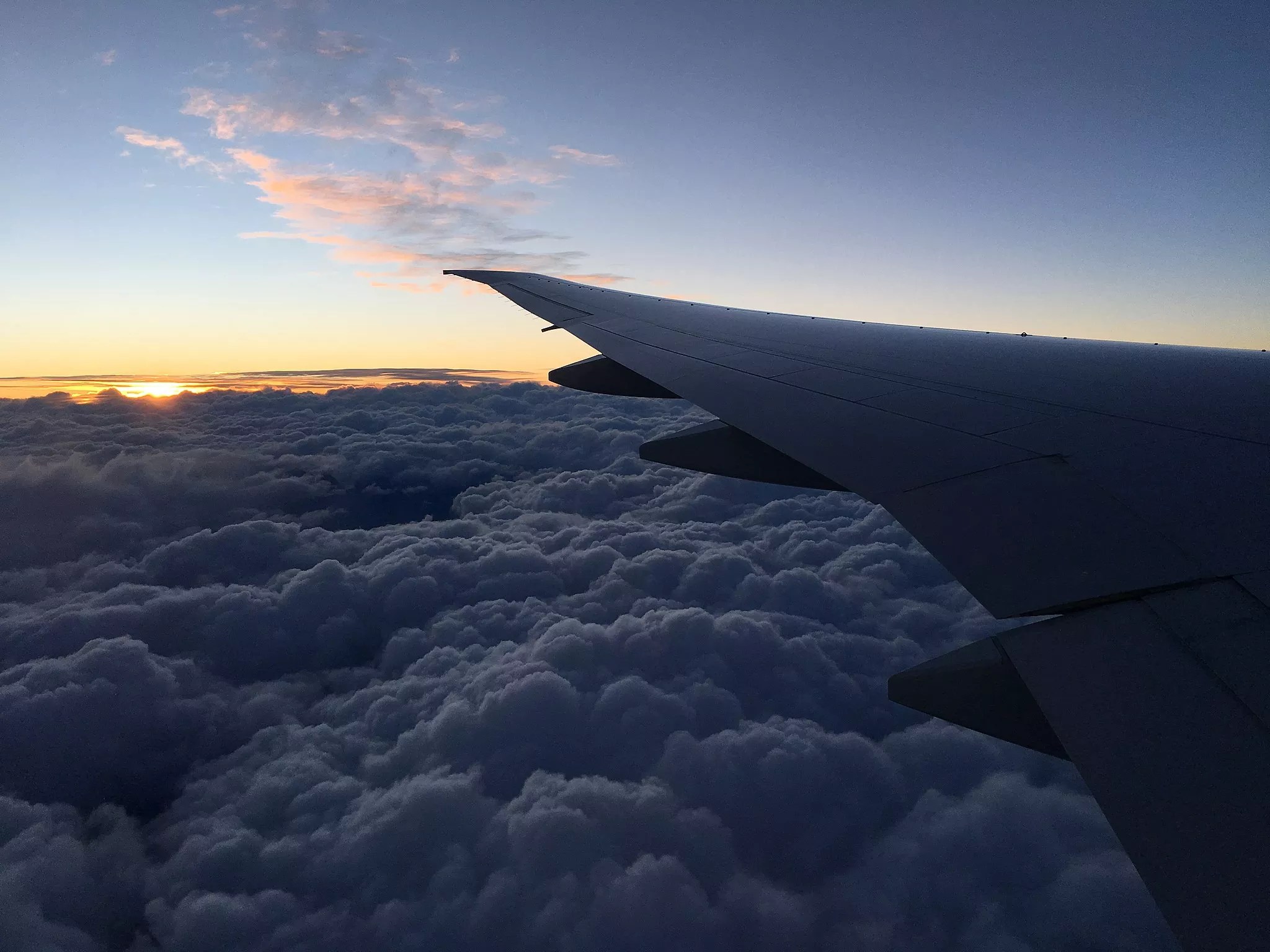
Thomas Woodtli from Zürich, Switzerland, CC BY-SA 2.0, via Wikimedia Commons

Audio By Carbonatix
The city of Dallas is keeping its eye on a federal bill to address pay, benefits and labor standards for certain airport service workers, including security officers, food service workers, cleaning staff, ticketing agents and retail service workers.
The Good Jobs Good Airports Act, introduced in Congress last year, would establish a minimum hourly wage of $15 and benefit standards for service workers at large, medium and small hub airports. The bill would also require airports to submit compliance reports annually to the secretary of Transportation to confirm that they are paying employees the minimum wages and benefits. If they don’t comply, the airports could lose federal funding under the bill.
In mid-March, representatives with the Service Employees International Union in Texas met with Dallas’ Transportation and Infrastructure Committee to ask the city to pass a resolution in support of the federal bill.
“Thousands of workers could be impacted by this federal bill.” – Elsa Flores, Service Employees International Union
Elsa Flores, president of the union, which represents some 36,000 employees, told the committee in March that many contracted workers at Dallas Fort Worth International Airport don’t have affordable health care or sick leave. “Low pay and poor benefits have been driving airport service workers away from their jobs, leading to high turnover,” Flores told the committee, according to KERA. “Thousands of workers could be impacted by this federal bill.”
But committee members said at their latest meeting on April 17 that some questions remained to be answered before they could back the federal bill. They mostly wanted to know how far along the bill is, how it might affect Dallas Executive Airport in Oak Cliff and whether there were other bills filed at the state level that also tackled minimum wage.
Answers came in a memo on Friday from Carrie Rogers, the city’s director of the Office of Government Affairs.
The bill would not affect Dallas Executive Airport because it applies only to airports that federal aviation law describes as commercial service airports. Dallas Executive Airport is a general aviation airport, so the bill doesn’t apply. It does affect DFW International Airport and Dallas Love Field.
Rogers said in the memo that several bills have been filed in Texas that could change the state’s minimum wage. For example, House Bills 1126 and 737, filed by Trey Martinez Fischer, a San Antonio Democrat, and Houston Democrat Armando Walle, respectively, would increase the state’s minimum wage to $15 an hour. Rep. Vikki Goodwin, an Austin Democrat, went even further with her House Bill 1919, which would increase the minimum wage to $17 an hour. Two identical bills filed in the state’s House and Senate would allow municipalities to set their own minimum wages.
The federal bill has been introduced and referred to committees but it has yet to receive a hearing.
Rogers said that the bill seems promising but the way it is written could cause the city to lose airport funding and infrastructure grants. She said the city’s federal legislative team, the Department of Aviation and DFW International Airport are all working together on how to move forward with the federal bill.